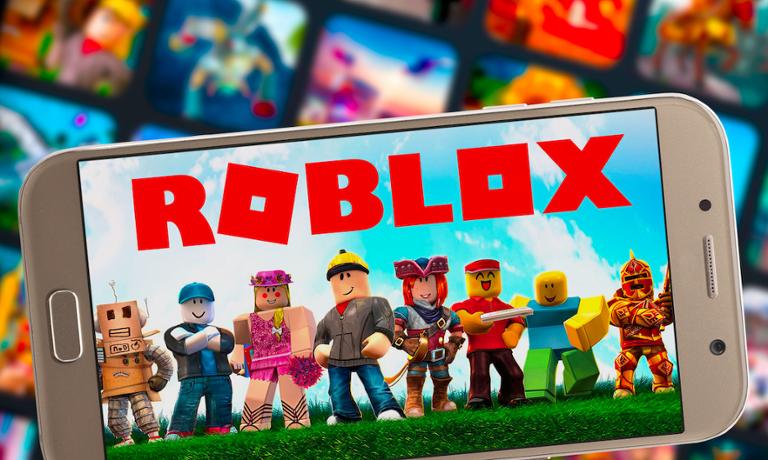It’s okay if you haven’t heard of Lua. In the 30 years since its creation, the lightweight, cross-platform programming language has collected fans in arenas such as game development, where it’s used in conjunction with gaming platforms such as the ultra-popular Roblox. But it doesn’t have quite the same instant name recognition as, say, Python or JavaScript.
Over the past year, however, Lua has enjoyed a spike in popularity, according to the latest update of the TIOBE Index, which measures the “buzz” around programming languages. Lua has broken into TIOBE’s top 20 languages, just behind Perl and Objective-C. (To determine its rankings, TIOBE leverages data from a variety of aggregators and search engines, including Google, Wikipedia, YouTube, and Amazon; for a language to rank, it must be Turing complete, have its own Wikipedia entry, and earn more than 5,000 hits for +”<language> programming” on Google.)
“In its heyday in 2011, Lua briefly touched a top 10 position,” read the note accompanying TIOBE’s latest data. “Whether this is going to happen again is unknown. But it is clear that Lua is catching up in the game development market: easy to learn, fast to execute, and simple to interface with C. This makes Lua a perfect candidate for this job. One of the drivers behind the recent success of Lua is the very popular gaming platform Roblox, which uses Lua as its main programming language.”
If you’re interested in learning Lua (or just becoming a bit more familiar with it), swing by Lua.org, which offers all kinds of tools and support documents. Via its developer site, Roblox also has some interesting documentation and tutorials on using Lua. The language’s Wikipedia page is likewise extensive, complete with coding examples.
According to Emsi Burning Glass, which collects and analyzes millions of job postings from across the country, the programming languages most in-demand among employers include SQL, Python, Java, and JavaScript. However, always bear in mind that many companies also need technologists who’ve mastered more specialized languages such as Lua.



